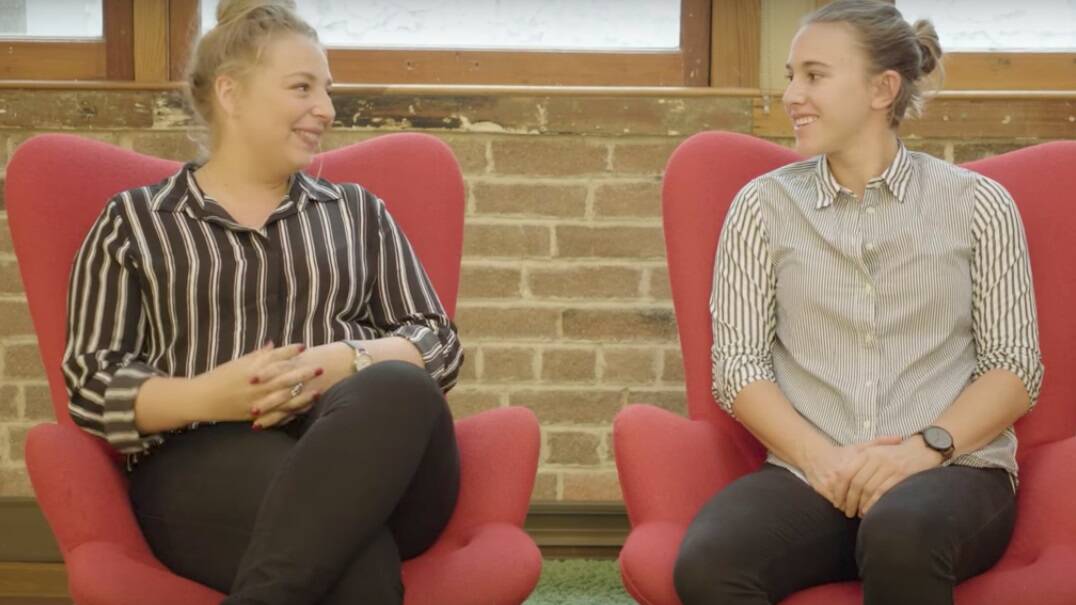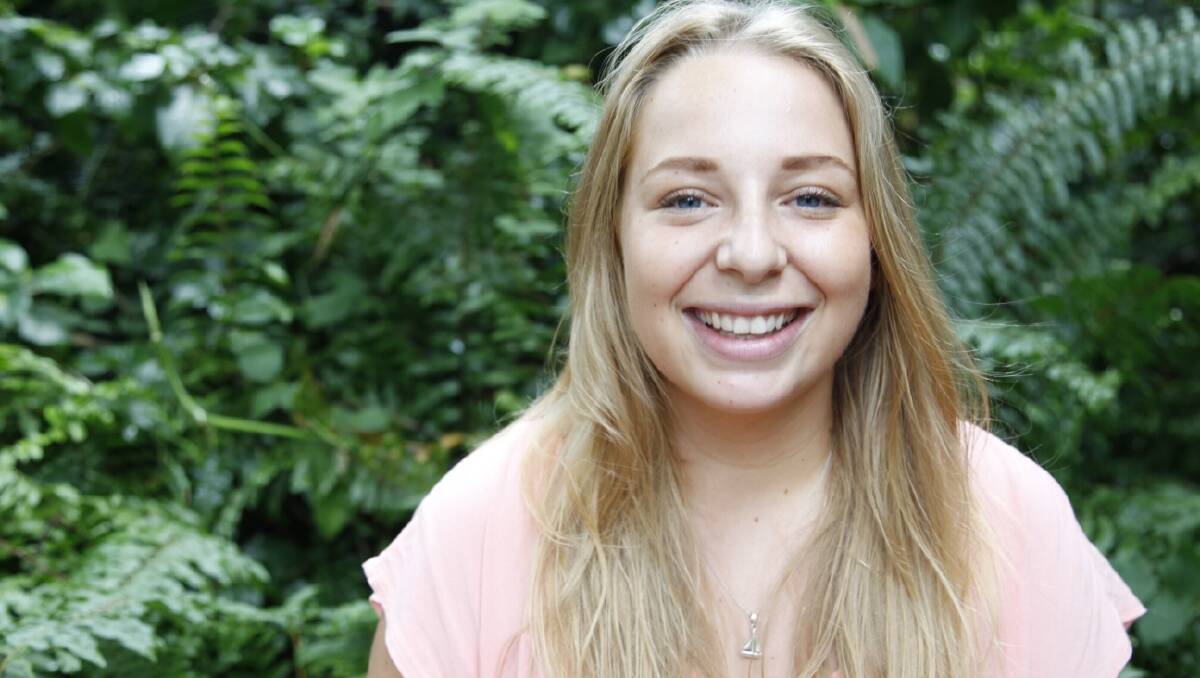
Belgian bibliographer Paul Otlet wanted to create a universal repository of all the world’s recorded knowledge.
Subscribe now for unlimited access.
or signup to continue reading
Tasmanian shark scientist Madeline Green has taken that idea and, with co-founder Lauren Meyer, run with it to create a biological sample sharing platform for scientists which she said was like a “geeky Gumtree”.
The pair give their inspiration a nod in their platform’s name.
“Paul Otlet believed in the power of knowledge and making it available to share,” Ms Green said.
Otlet is a social enterprise for safe, sustainable sharing and reuse of 94 million biological samples that are collected each year by bioscientists around the world.
Often biological samples are used for studies and could be reused, but there is no catalogue of samples.
- Madeline Green
The idea for the platform came when Ms Meyer needed tiger shark liver samples and could not find enough.
A chance conversation led to another scientist mentioning they had tiger shark liver samples sitting in their freezer, that could be reused.
Otlet was established with two goals in mind: efficient use of samples and lessening the number of animals sacrificed.
“Often biological samples are used for studies and could be reused, but there is no catalogue of samples,” Ms Green said.
“Animals are sacrificed to science and we thought we could do better.”
IN OTHER NEWS
Both Ms Green and Ms Meyer are at the tail end of their PhD studies into reef shark movements at University of Tasmania and tiger sharks at Flinders University, respectively, but they are also working to build the profile of Otlet.
Something that will help build that profile is Ms Green’s recent success in being selected for a $10,000 award scholarship for the Creative Innovation 2019 Asia Pacific summit.
Ci2019 selected nine emerging Australian entrepreneurs, including Ms Green and fellow Tasmanian Claire Bremner who founded kelp harvesting and promotion enterprise KELPD, from a pool of more than 60.
“I was very surprised when I got the news. For a long time [Otlet] was self funded,” Ms Green said.

Otlet received some venture capital funding via the BlueChilli Investor Program in 2017, but further investment will allow the founders to grow their platform.
“We’ve had about 15,000 samples uploaded to the database in seven months and there are about 300 scientists using the platform.”
“We have an insane plan to have a million users,” she said.
The Otlet and KELPD founders will attend the summit in Melbourne in April to give a one-minute presentation on their start-ups.
“We will present to a room full of connectors, venture capitalists, chief scientist and important people who have influence,” Ms Green said.
Previous Creative Innovation scholarship winners have found support, mentors and investors through the summit that helped to progress their businesses.
While you’re with us, did you know you can now sign up to receive breaking news updates direct to your inbox? Sign up here.














